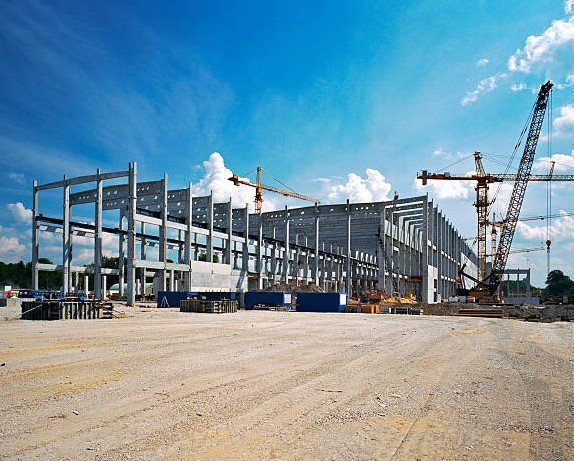A massive immigration raid by US officials targeted a Hyundai and LG battery plant under construction in Georgia, leading to the arrest of hundreds of workers, mostly from South Korea. This event on September 5, 2025, has triggered strong reactions from Seoul, highlighting tensions in trade and investment ties between the two nations.
Details of the Georgia Raid
Federal agents swept into the Hyundai Metaplant site in Ellabell, Georgia, arresting 475 people. Officials said the workers lacked proper legal status or work permissions.
Most detainees came from South Korea, sent by subcontractors to build an electric vehicle battery factory. The plant represents a major investment by Hyundai Motor and LG Energy Solution, aimed at boosting US manufacturing.
This action fits into the Trump administration’s push for stricter immigration rules at job sites. It marks one of the largest such operations in recent years.
Industry experts note that the raid halted construction work right away. Local communities felt the impact, as the project promised thousands of jobs.
South Korea’s Official Reaction
South Korea quickly voiced deep concern over the arrests. The foreign ministry issued a statement expressing regret and urging fair treatment for its citizens.
Foreign Minister Cho Hyun called an emergency meeting and said he might visit Washington to discuss the issue directly. Diplomats rushed to the site to support the detained workers.

President Lee Jae-myung ordered full efforts to help those affected. By September 7, officials announced a deal with the US to release over 300 South Korean workers and fly them home on a chartered plane.
This response shows Seoul’s worry about how US policies could harm its companies investing abroad.
Public sentiment in South Korea mixed shock with frustration. Many see the raid as unfair, given the billions poured into US projects.
Impact on Business and Trade Ties
The raid comes amid ongoing trade talks between the US and South Korea. Both sides recently agreed to a new deal, but details remain under negotiation.
South Korean firms like Hyundai have invested heavily in the US, encouraged by government incentives for electric vehicles and batteries. The Georgia plant alone involves billions in funding.
However, tighter visa rules and tariffs under President Trump make it harder to bring in skilled workers. Companies now face delays and higher costs.
Experts warn this could slow foreign investments. Other nations might think twice about similar projects if workers risk sudden arrests.
- Key investments by South Korean companies in the US include battery plants in Georgia and Michigan.
- Hyundai plans to produce electric cars at the site starting next year.
- LG aims to supply batteries for major US automakers.
Broader Political Context
Some analysts view the raid as a political move ahead of the 2026 US midterm elections. It aligns with promises to crack down on illegal work.
This event echoes past tensions, like disputes over steel tariffs in 2018. Yet, the US-South Korea alliance remains strong, built on decades of military and economic cooperation.
Recent meetings between leaders reaffirmed ties, but immigration issues add strain. South Korea seeks assurances that its workers will not face unfair treatment.
The raid also spotlights global supply chain challenges. As countries push for local manufacturing, finding legal skilled labor becomes a key hurdle.
What Happens Next for Workers and Companies
Over 300 detained South Koreans will soon return home, thanks to the quick deal. Others may face legal proceedings in the US.
Hyundai and LG launched internal probes into subcontractor practices. They promise to follow all laws while resuming work.
Observers expect more diplomatic talks to prevent future incidents. South Korea may push for better visa options for its technicians.
| Timeline of Key Events | Date | Description |
|---|---|---|
| Raid Occurs | September 5, 2025 | US agents arrest 475 at Georgia plant. |
| South Korea Responds | September 6, 2025 | Foreign ministry expresses concern; diplomats sent. |
| Deal Announced | September 7, 2025 | Agreement to release and repatriate over 300 workers. |
| Potential Minister Visit | Ongoing | Foreign Minister may travel to Washington. |
This situation could shape future investments. Share your thoughts in the comments below, and spread the word if you found this helpful.
